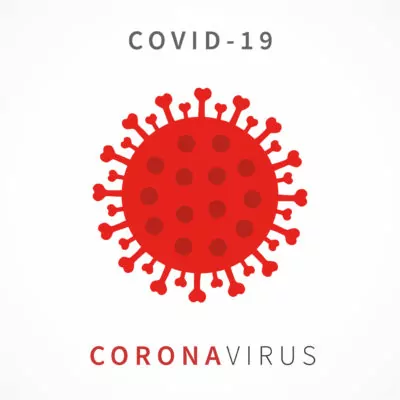
The Coronavirus Disease (COVID-19) has affected over 750 million people and continues to increase. The nature and duration of symptoms experienced due to this disease vary widely among individuals. 43% of people who have had COVID-19 experience symptoms for months post diagnosis. This led the World Health Organization (WHO) to identify these individuals as having post-COVID condition (PCC). PCC is specifically described as individuals having had the SARS-CoV-2 infection with symptoms that last for 2 months or greater. Over 200 symptoms affecting multiple body systems have been identified in individuals with PCC, the most common being fatigue, shortness of breath, cognitive dysfunction, pain, nausea, sore throat, and dizziness. Of importance is the symptom of dizziness, as it has a detrimental effect on an individual’s quality of life and society as a whole. The link between dizziness and PCC is not fully understood but thought to occur as a result of multiple factors. The purpose of this study was to determine the severity of dizziness related disability in people with PCC and the power it has on daily life.
The study occurred in survey form via Facebook, Twitter, and Instagram. 524 people between the ages of 18-80 met the criteria to participate in the study, which were: at least 18 years of age; had COVID-19 with symptoms lasting more than 2 months; experienced disability due to dizziness; and ability to read/write in Swedish (the study took place in Sweden). The outcome measure, The Dizziness Handicap Inventory (DHI), is utilized to assess perceived disability related to symptoms of dizziness and the impact it has on one’s life. It consists of 25 questions that are divided into sub categories comprising physical manifestations, emotional impact, and catastrophic impact.
Of the 524 subjects participating in the study, the majority scored moderate or severe dizziness related disability. The majority of subjects had the highest perceived disability with physical movement, for example, quick movements of the head, bending, looking up, housework, sports, and heavier activities. The second highest perceived disability experienced was that of emotional impact. This category involves items that relate to the frustration of restricting various activities due to symptoms.
Perceived dizziness related disability reflecting higher physical manifestations is suggestive of vestibular impairment. The exact pathophysiology of the impairment is not completely known, however, may be linked to co-morbidities and having suffered a more severe case of COVID-19 in the acute phase of the illness.
This study is of great value. It demonstrates that since the physical movement subscale is associated with vestibular disorders, those who suffer from dizziness related disability and PCC may benefit from vestibular rehabilitation.
Anecdotally, I and other colleagues have successfully utilized vestibular rehabilitation to treat patients with dizziness due to PCC. Treatment is a collaborative effort and requires a team of skilled healthcare providers. If you or someone you know may be suffering from dizziness related to PCC, visit VeDA’s provider directory to find a qualified vestibular healthcare professional.
Article review by Denise Schneider, DPT, FAAOMPT, Physical Therapist, Vestibular Certified
